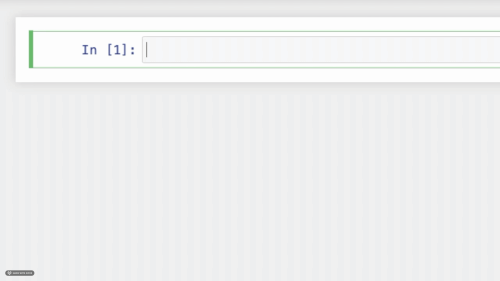Py Idiomatic Regex (AKA iregex)
An easier way to write regex in Python using OOP instead of strings.
Makes the code much easier to read and understand while still using Regex under the hood.
Very easy to use, entirely contained within two files consts.py and regex.py.
Installation
pip install iregex
Examples
Imagine a regex to match variable names in most common languages.
They must start with an alphabetical character, then for the second character on they can contain numbers and underscores as well.
The regex for this would be:
[a-zA-Z][_\w]*
And in python you would compile this like so:
import re
re.compile(r"[a-zA-Z][_\w]*")
In this library the code would be:
from iregex import Regex
from iregex.consts import ALPHA, ALPHA_NUMERIC
(ALPHA + Regex().any_char("_", ALPHA_NUMERIC).zero_or_more_repetitions()).compile()
OR (Long, Functional form)
from iregex import Regex
from iregex.consts import ALPHA, ALPHA_NUMERIC
Regex(ALPHA).literal(
Regex().any_char("_", ALPHA_NUMERIC).zero_or_more_repetitions()
).compile()
Just take a look at the documentation for the Regex class to get an idea of all the methods you can use!
You chain methods together for sequential operations and nest literals for nested operations.
Contributions
Please make a contribution, this library is still growing!
Please download poetry and run poetry install to set up your build environment.
We use mypy (so be sure to type your code), flake8, and black so be sure to use pre-commit install before your first push to comply with git pre-commit standards. Otherwise your pull request will not make it past TravisCI.
Always pytest your code and make PR's with good code coverage.






